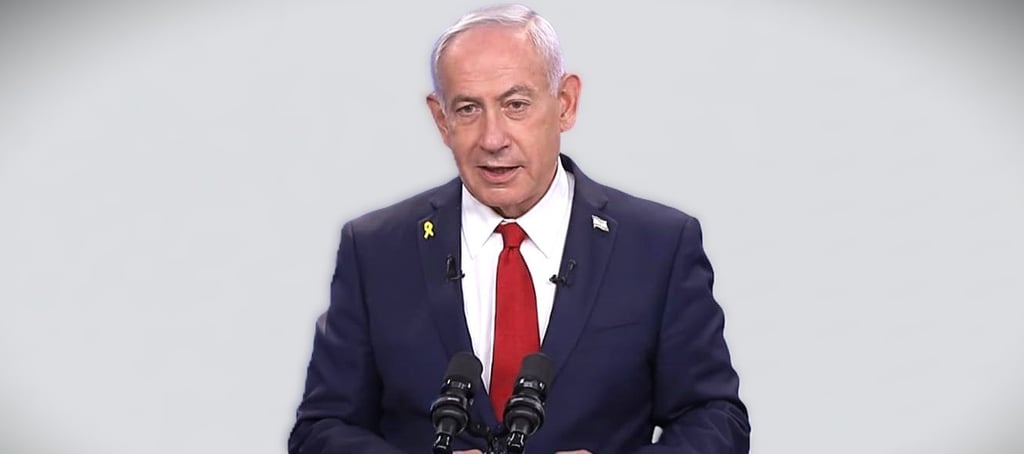Israeli Forces Intensify Gaza Offensive as Death Toll Surpasses 65,000 – 18 September 2025
On 18 Sept 2025, Israeli attacks pushed deeper into Gaza, driving mass displacement as the death toll exceeded 65,000 amid a worsening humanitarian crisis.
Raja Awais Ali
9/18/20251 min read


Israeli Army Applies Extreme Pressure as Gaza Death Toll Tops 65,000
The humanitarian catastrophe in Gaza deepened on 18 September 2025 as Israeli forces expanded both ground and air assaults across the territory. Gaza’s Health Ministry confirmed that more than 65,000 people have been killed, with hundreds still missing beneath the rubble of collapsed buildings.
Israeli troops widened their ground operations, pushing civilians from northern neighborhoods toward central and southern Gaza. A temporary corridor was opened for evacuation, but continuing shelling and widespread fear prevented many from leaving. Shortages of food, medicine, and fuel have reached critical levels, and aid agencies warn of an escalating humanitarian disaster.
Residential blocks, hospitals, and relief centers have sustained heavy damage. The Rantisi Children’s Hospital remains at risk after repeated strikes, while thousands of displaced residents struggle to find shelter. Mass displacement has already forced hundreds of thousands to migrate south, yet the journey is perilous, transportation scarce, and many families are choosing to stay despite the danger.
The United Nations condemned the ongoing assault, calling it morally and legally indefensible. Human-rights organizations are urging an immediate ceasefire, continuous humanitarian access, and protection for civilians. UN reports highlight severe hunger, collapsing infrastructure, and acute water shortages, warning that northern Gaza is on the brink of total devastation.
Gaza’s Health Ministry recorded at least 98 additional deaths in the past 24 hours, most of them civilians. Hundreds more were injured, and many remain trapped beneath debris. Children, women, and the elderly are bearing the brunt of the conflict. Those attempting to reach areas deemed “safer” face blocked roads, limited aid, and the constant threat of new attacks.
The international community faces growing pressure to act decisively. Observers stress that without immediate humanitarian corridors and a sustained ceasefire, the death toll will continue to rise and the region’s fragile stability will deteriorate further.
Stay informed with the latest national and international news.
© 2025. All rights reserved.